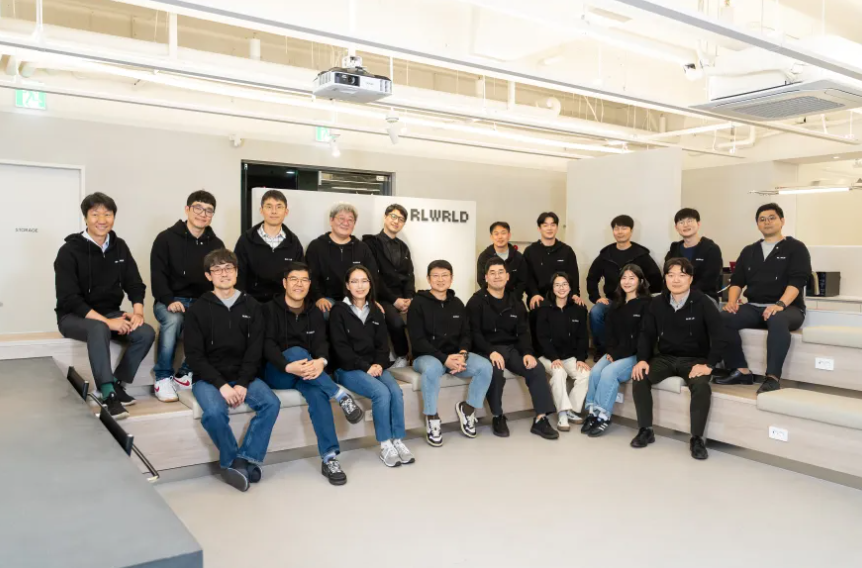At Davos 2024, a distinguished panel convened to discuss “Generative AI: Steam Engine of the Fourth Industrial Revolution?” The panel, featuring experts from diverse backgrounds, tackled the critical question of AI’s transformative role in modern society and its potential risks and rewards.
Senator Mike Rounds from South Dakota, Minister Sultan Alama from the UAE, Julie Sweet, CEO of Accenture, Arvind Krishna, CEO of IBM, and Cristiano Amon, CEO of Qualcomm, comprised the panel, each bringing unique insights.
“Artificial intelligence will impact how we fight wars in all domains,” said Rounds, “and the country with an army that has employed AI will have a leg up on everybody else.”
His perspective highlighted AI’s significant strategic implications.
Alama, discussing the UAE’s approach, underscored his country’s proactive stance on AI, integrating it into various sectors while maintaining responsible governance:
“AI has elements of each and every single revolutionary technology… it’s its own technology.” He underscored the UAE’s proactive stance on AI, integrating it into various sectors while maintaining responsible governance.
Accenture’s Sweet focused on the corporate world’s rapid AI adoption, noting, “There isn’t an area, there’s not an industry that’s not going to be impacted.” Her observation reflects the technology’s pervasive influence across all sectors.
IBM’s Krishna spoke about AI’s potential to enhance productivity.
“Artificial intelligence today’s form is going to generate $4 trillion of annual productivity before the end of the decade,” he said, calling attention to the economic benefits and the urgency of embracing AI now.
Qualcomm’s Amon discussed AI’s broad applications, from data centres to consumer devices. He underlined the technology’s role in transforming human interactions with computers and its pervasive nature.
The panelists agreed on the transformative power of AI, likening it to significant historical innovations like the steam engine and electricity. They stressed the need for responsible implementation, robust regulatory frameworks, and continuous learning and adaptability in the workforce.
Rounds pointed out the importance of inviting global talent to contribute to AI’s growth, emphasizing the need for an open, inviting environment for innovation.
Alama, meanwhile, highlighted the UAE’s educational initiatives, including AI education in schools and government training programs, to build an AI-savvy populace.
The discussion at Davos 2024 made it clear that generative AI is not just a technological advancement but a paradigm shift with profound implications for national security, economic competitiveness, and societal progress. The consensus among these global leaders was clear: AI is the steam engine of our time, and embracing it is not just an option but a necessity for future success.
Featured image: Credit: World Economic Forum






